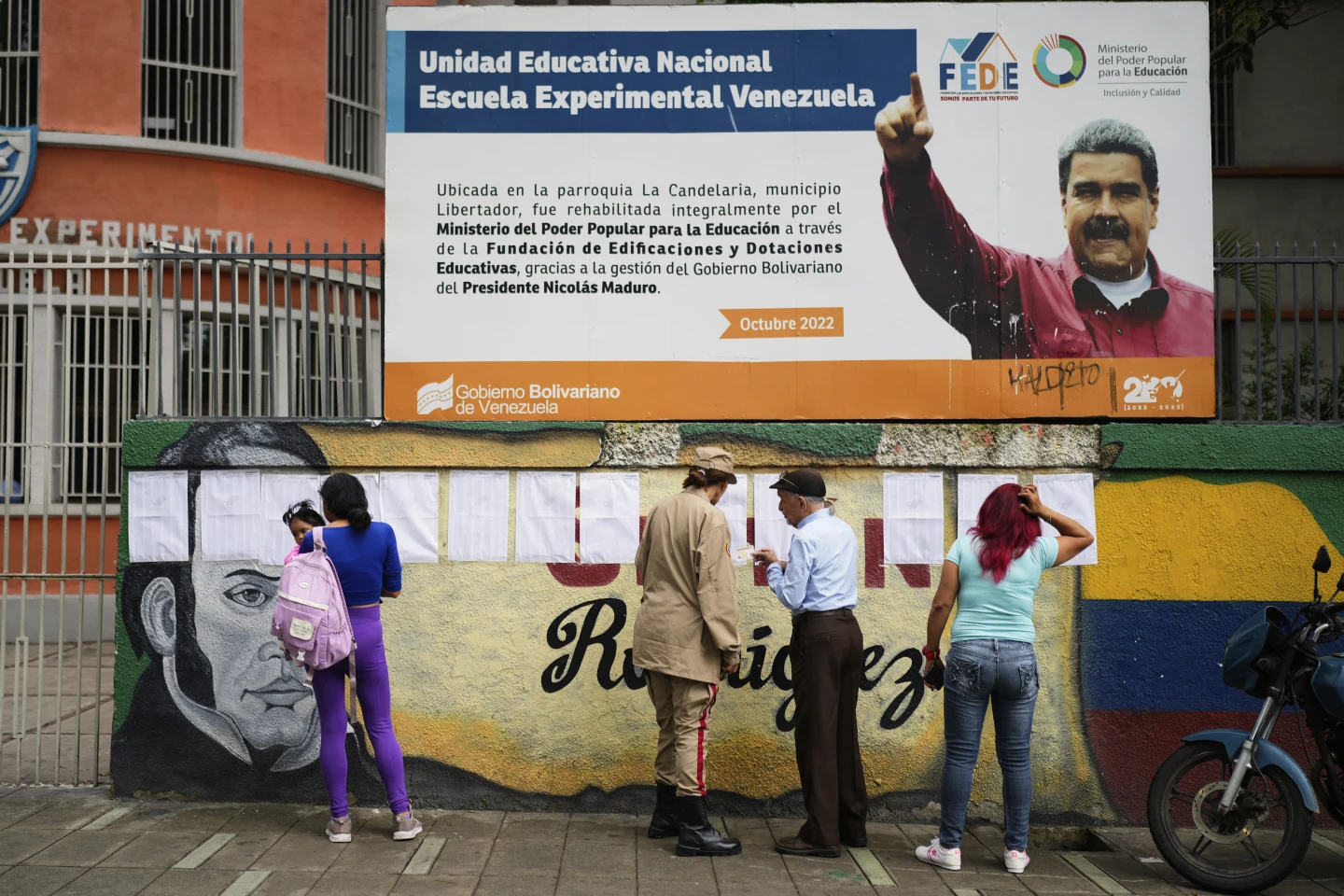Families of Japanese citizens abducted by North Korea decades ago issued an emotional plea on Saturday, demanding that Prime Minister Fumio Kishida’s government secure the return of their loved ones within the year, stating they are running out of time.
At a gathering in Tokyo organized by support groups and attended by government officials, relatives of the abductees called on the Japanese government to intensify diplomatic efforts and prioritize resolution of the longstanding issue. Many of the families have been waiting for over 40 years, with several parents and siblings passing away without ever reuniting with their loved ones.
“Please don’t let more years slip by. We want to see them again—alive,” said Takuya Yokota, younger brother of Megumi Yokota, who was abducted by North Korean agents in 1977 at the age of 13. “This must be resolved before it is too late. We urge the government to act decisively.”
The abduction issue has long been a source of tension between Japan and North Korea. Tokyo officially recognizes 17 citizens as having been abducted in the 1970s and 80s, though many believe the actual number is higher. While five were repatriated in 2002 after then-Prime Minister Junichiro Koizumi visited Pyongyang, the fate of the remaining abductees remains unresolved.
Prime Minister Kishida sent a message of solidarity to the meeting, reaffirming the government’s commitment to bringing all abductees home. “Resolving the abduction issue is one of my top priorities. We will continue to seek every possible diplomatic path and keep pressure on North Korea,” his statement read.
Despite repeated negotiations and international support, progress has stalled for years. Pyongyang claims the issue is settled and insists that many of the abductees have died—claims that Japanese officials and families reject due to lack of verifiable evidence.
In recent months, Tokyo has floated the idea of a direct summit between Kishida and North Korean leader Kim Jong Un, hoping to break the diplomatic deadlock. However, no official response from Pyongyang has been reported.
The families, many of them elderly, say time is the most pressing enemy. Some held up photos of missing loved ones, now several decades older in age if still alive, and called for Japan to act with urgency and courage.
Shigeo Iizuka, whose sister Yaeko Taguchi was taken in 1978, said, “We’ve waited patiently for decades, but we cannot wait any longer. The government must find a way, this year.”
The gathering also featured speeches by younger generations who have taken up the cause. They called for broader public support and awareness to sustain pressure on policymakers and maintain international focus on the issue.
Human rights advocates also attended the event and urged the international community to push North Korea for transparency and humanitarian cooperation. The United Nations and the United States have repeatedly condemned the abductions as crimes against humanity.
As Japan continues to navigate its complex relationship with North Korea—dominated by nuclear threats, missile tests, and sanctions—the abductees’ families remain a powerful moral voice demanding resolution, justice, and reunification.
For them, the demand is not just political—it is personal, urgent, and long overdue.
Source: The Japan Times



